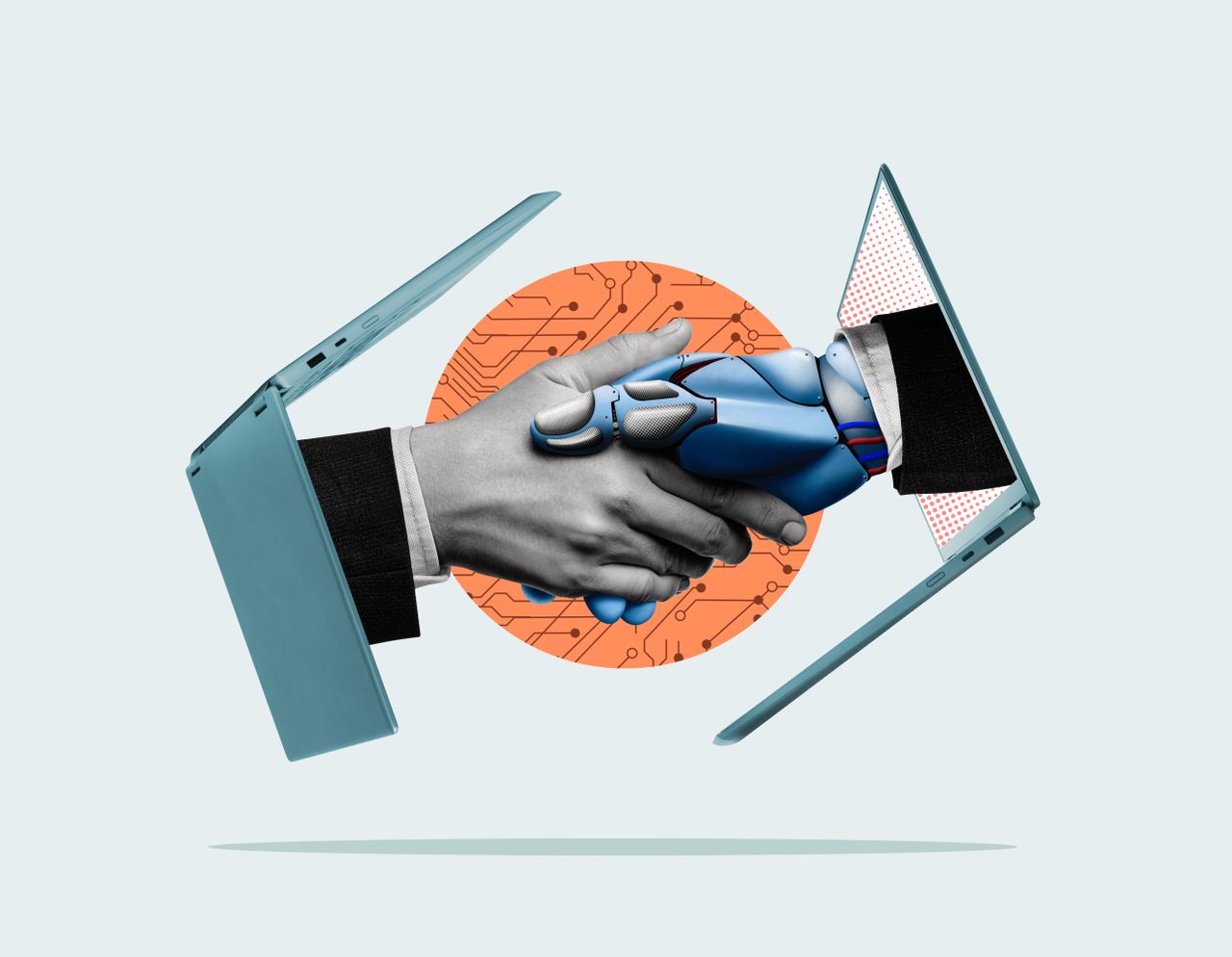
- Artificial intelligence tools are used in workplaces without permission
- The tools pose threats to business and customer data if not authorized.
- A second wave of shadow AI is booming in the UK
Shadow AI tools, or AI tools that employees use without their company’s permission, present a variety of security risks to organizations.
But that doesn’t stop employees from using unauthorized AI tools to meet quotas, goals, and deadlines.
New research from Microsoft has found that the UK has seen a significant increase in the use of shadow AI: 71% of UK employees use an unauthorized AI tool at least once, and more than half (51%) continue to do so week after week.
The next wave of AI in the shadows
There is no denying that generative AI tools offer significant time savings and productivity increases to businesses, but if businesses do not invest in tools and provide the right environment for their use, employees often take the lead. For example, Microsoft found that 28% of employees do not have an approved AI tool for work.
From writing emails to responding to internal communications, AI tools are great at turning what could be an angry lecture into a full-fledged, company-approved expression of concern. In fact, Microsoft research found that 49% of respondents use artificial intelligence tools for this very purpose.
Second, AI tools are used to write reports and presentations (40%) and to help with finance-related tasks (22%). But many employees are unaware of the risks of using AI tools without company approval.
Only 32% expressed concern about company and customer data being fed into AI tools and, more worryingly, only 29% had any concerns about the use of shadow AI affecting IT security in their workplace.
If customer or company data is entered into an AI tool without being sanitized, the prompts it was included in could be reused to further train the AI and potentially spit it out to nefarious actors with cleverly crafted prompts.
However, trust in AI tools is increasing, with 57% of employees expressing positive emotions about AI in the workplace. More and more companies are developing AI strategies, the benefits of which impact both companies and employees.
“UK workers are embracing AI like never before, unlocking new levels of productivity and creativity. But enthusiasm alone is not enough,” said Darren Hardman, CEO of Microsoft UK and Ireland.
“Businesses must ensure that the AI tools they use are designed for the workplace, not just the living room. The message is clear: only enterprise-grade AI delivers the functionality employees want, wrapped in the privacy and security that every organization demands.”



